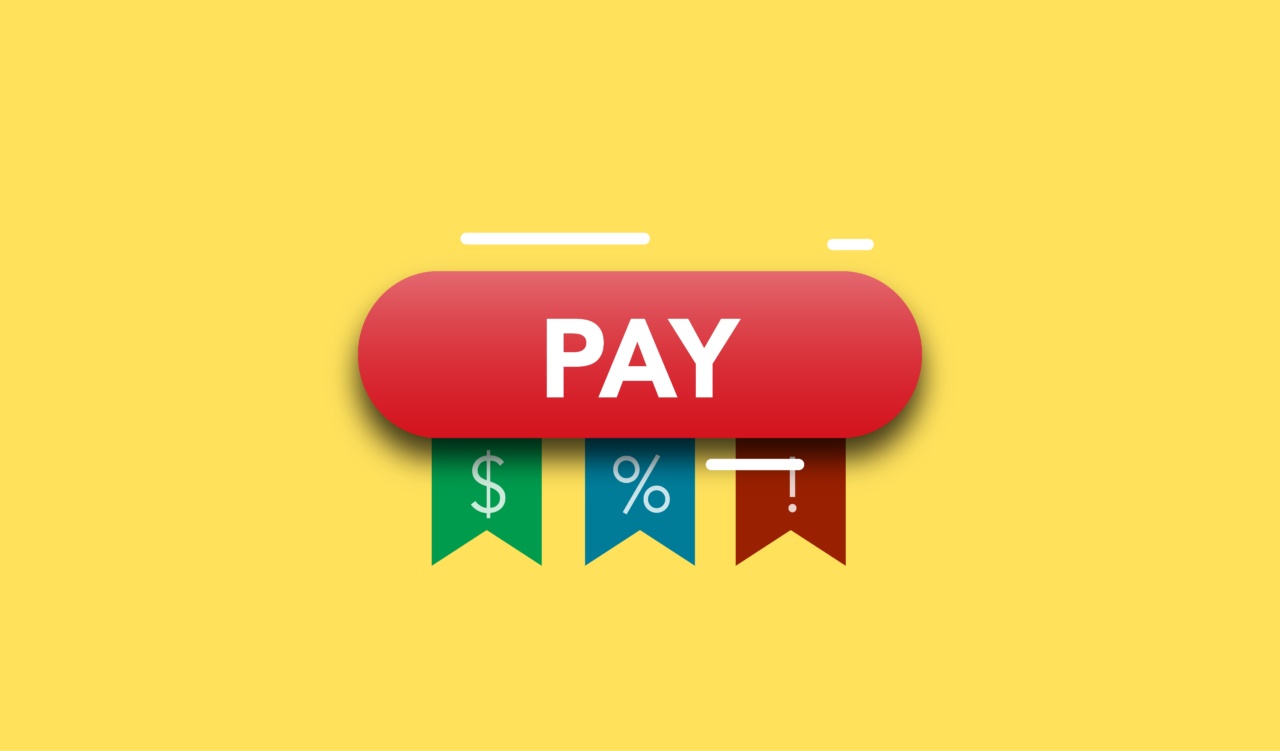Insurance premiums are the amount of money policyholders pay to insurance companies in exchange for coverage against various risks.
These premiums are determined by a multitude of factors, including the level of risk associated with the insured individual or property. Insurance companies periodically review their premium rates and adjust them accordingly based on several reasons, which can result in premium price hikes. In this article, we will explore four common explanations behind insurance premium increases.
Rising healthcare costs
One of the major factors contributing to insurance premium price hikes is the continuous rise in healthcare costs. As medical expenses increase over time, insurance companies are forced to adjust their premium rates to cover these higher costs.
Advances in medical technology, prescription drugs, and the cost of healthcare services all play a role in driving up these costs.
Insurance companies also need to account for the growing demand for healthcare services due to an aging population and an increase in chronic diseases.
As more individuals make claims, insurance companies must compensate by charging higher premiums to maintain profitability.
Inflation and economic factors
Inflation and economic conditions can significantly impact insurance premium prices. In periods of high inflation, the cost of living and labor expenses rise, which can affect the overall cost of insurance coverage.
Insurance companies pass these increased costs onto policyholders through higher premiums.
Economic factors such as changes in interest rates and stock market performance can also influence premium rates. Insurance companies invest the premiums they receive to generate income and pay out claims.
If interest rates are low or the stock market experiences a downturn, insurance companies may need to increase premiums to compensate for the lower investment returns.
Changes in regulations and legislation
Insurance companies operate within a regulatory framework that governs their practices. Changes in regulations and legislation can have a significant impact on premium prices.
When new laws are enacted or existing regulations are modified, insurance companies may incur additional costs to comply with these changes. These costs are then passed on to policyholders in the form of higher premiums.
For example, if a government introduces stricter regulations for insurance companies to maintain higher capital reserves, insurers may need to raise their premiums to meet these requirements.
Additionally, changes in tax laws can also impact insurance premium prices, as insurers need to adjust their rates to account for any changes in tax liabilities.
Increased frequency and severity of claims
Another explanation for insurance premium price hikes is the increased frequency and severity of claims. Insurance companies base their premium rates on historical data, including the number and cost of claims they have paid out in the past.
If the frequency of claims increases, or if the average cost per claim rises, insurance companies may need to raise premiums to ensure they can cover these expenses.
Several factors contribute to the higher frequency and severity of claims. These include natural disasters, such as hurricanes, floods, and wildfires, which can result in significant property damage and a surge in insurance claims.
Additionally, societal changes, such as an increase in distracted driving or fraudulent activities, can also lead to more frequent and costly insurance claims.
Conclusion
Insurance premium price hikes can be attributed to various factors, including rising healthcare costs, inflation and economic factors, changes in regulations and legislation, and increased frequency and severity of claims.
While policyholders may not have direct control over these factors, understanding the underlying reasons behind premium increases can help them make informed decisions when purchasing insurance policies. It is essential to regularly review and compare insurance options to ensure the best coverage at the most competitive price.

























